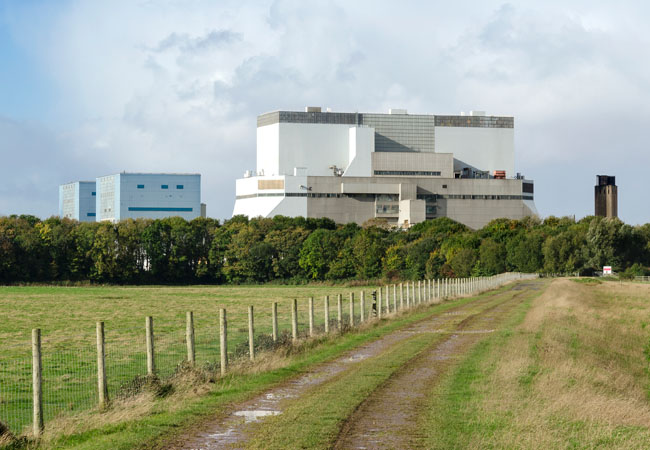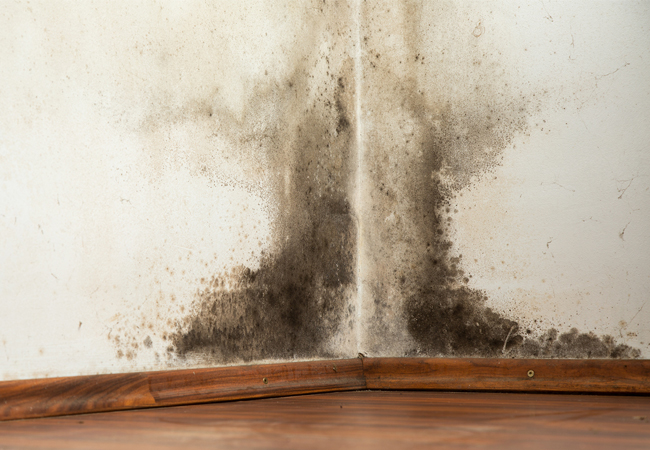The government has cut the fines that boiler manufacturers will have to pay if they fail to meet targets in its new scheme to improve delivery of heat pumps.
The response to the recently concluded consultation on the Clean Heat Market Mechanism, published on 29 November by the Department for Energy Security and Net Zero, eases the scheme’s requirements on manufacturers.
Changes include reducing to £3,000 – from £5,000 – the payment-in-lieu that boiler manufacturers will have to find for every heat pump they fail to install relative to the number of fossil fuel boilers they sell.
The scheme begins operating in 2024, and the mandate will only oblige manufacturers to deliver one heat pump for every 25 boilers they sell.
Manufacturers will also have larger allowances to carry forward unmet heat pump installations into the following year.




